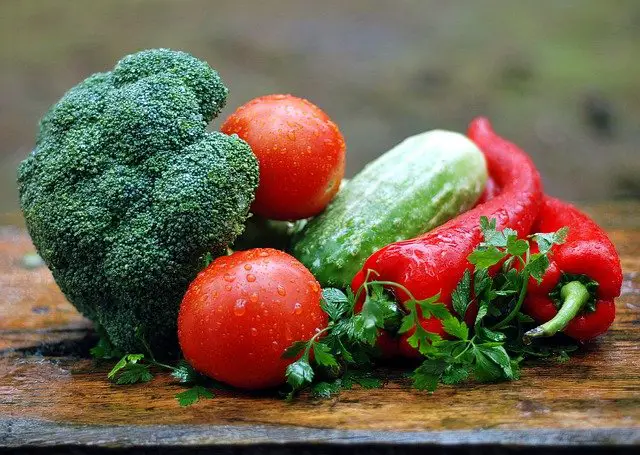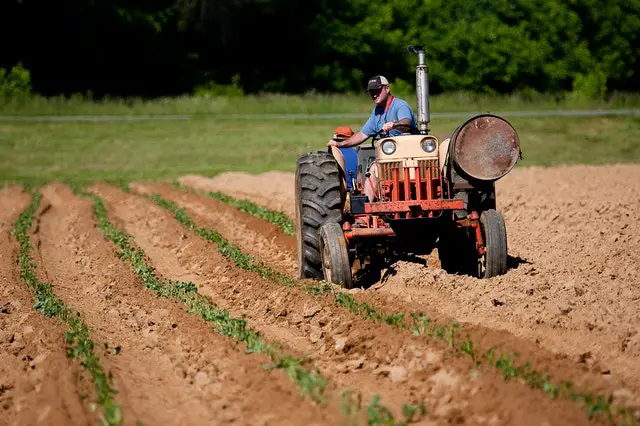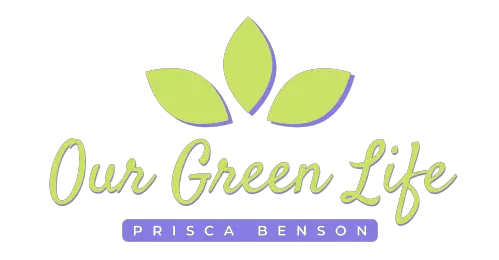Organic Food – What You Need to Know to Decide if it’s Worth the Money

Is organic food just another California food trend or does it truly make a difference to your health? The simple answer is yes, it can make a difference. However, you don’t have to throw out everything in your fridge and pantry. Let’s talk about how you can make good, healthy choices while still minding your wallet.
When is buying organic important?
Ever heard of the Dirty Dozen?
The Environment Working Group (EWG) creates two lists every year: the clean fifteen and the dirty dozen. They gather test results from the Department of Agriculture and the Food and Drug Administration (FDA) where they check for pesticides on produce after it’s ready to eat. This means that the produce is washed and peeled, if applicable. The ones who have the most pesticides on them are labeled the dirty dozen.
For 2020, those are strawberries, spinach, kale, nectarines, apples, grapes, peaches, cherries, pears, tomatoes, celery, and potatoes. These results mean that when you eat this produce, you are ingesting some pesticides. To note, according to the Environmental Protection Agency (EPA), the level found on the produce is below the limits they have set. As a result, they consider them safe to eat.

When is buying organic food optional?
Technically, all the time. You don’t HAVE to buy organic food. Even the items on the Clean 15 may have pesticides on them. The lists are comparative meaning that in comparison to the Dirty Dozen, the Clean 15 have the least amount of pesticides on them. This list consists of the following: avocados, sweet corn, pineapple, onions, papaya, frozen sweet peas, eggplant, asparagus, cauliflower, cantaloupe, broccoli, mushrooms, cabbage, honeydew melons, and kiwi.
Some of these fruits and vegetables are naturally resistant to pests so they don’t require a lot of spraying. Also, a lot of these have peels or skins that we will remove to eat. The peels might have pesticides on them but once they are peeled, they are clean . So when it comes to the Clean 15, it may not be worth it to buy organic.
Where can you buy organic on a budget?
I’m from Northern NJ which means I have a litany of options when it comes to grocery stores. Any of your traditional, regional grocery stores here will have organic options available.
My favorite stores are Shoprite, Costco, and Trader Joe’s. I’ve shopped for groceries at Shoprite ever since I could remember. The prices are typically fair and their sales are quite impressive. Costco is great for buying organic in bulk. Trader Joe’s makes it easy to shop for healthy, clean food at a great price.
I also frequent Whole Foods and Aldi. Aldi has been growing in sustainable, organic foods department and Whole Foods has sales that you can plan your shopping around. Do you have some of these options available to you?
But organic food is more expensive
Organic food is definitely more expensive than your typical options. I have noticed prices coming down as more and more grocery stores make this an option. This competition can drive down prices. Also, you can apply your typical methods to save money on groceries.
Shopping in bulk at Costco, BJ’s, or Sam’s Club can save you money. Check out your local grocer’s circular to see what’s on sale that you can meal plan around.
Another option is to shop locally. How? Perhaps there’s a farm nearby you can buy your food from. Read up on their practices to see if how they care for their produce and animals. Getting the organic label is VERY expensive. So your local farm could be following all the right practices but not going out of its way to get that label (Check out the Organic vs Non-Organic chart on helpguide.org to compare farming practices). As a result, this option can be more affordable and very good for you. Shoprite circulars regularly have a “local” section so you know which produce is coming from nearby. Maybe your preferred grocer has a similar feature in your circular.

Community-supported agriculture (CSAs) are another way to support farms and get farm-fresh food. You buy a share for the year and they tell you what days and times you can pick it up either once a week or once every two weeks. The “year” is defined by that farm so keep that in mind when shopping around for one. A great site to search for local CSAs is LocalHarvest. I have been interested in this option for a while but when I originally looked, there were few options that were convenient for me in my area. If I join one, I’ll share the experience with you. It is a bit intimidating to pay for the entire year upfront. You may not be in a place to do that. You can typically share your membership with another family. At the end of the day, it is an option, not a necessity.
How about your protein?
You may have noticed an increase in meat, eggs, or fish being labeled grass-fed, organic, pasture-raised, or wild-caught. This topic can be an entire post on its own but I’ll keep it brief. What we eat affects our bodies and it is the same with animals. Traditional practices try to fatten up animals by feeding them corn or other meals they might not consume in nature. This changes the nutritional value of the protein you’re consuming. Is it worth paying the upcharge? That’s up to you to decide. My favorite Youtuber to follow on this subject is Bobby Parrish. He clarifies which labels are just so they can up the sticker price and which labels actually matter.
In the End
The only way to have food that is ABSOLUTELY free of pesticides is to grow it yourself without pesticides. Most of us don’t have that capability because of time, space, or just disinterest in gardening.
As a nurse, I want you to consume the best and healthiest food for you and your family. Quite honestly though, when someone gets sick or passes, we rarely say, “It’s too bad those pesticides got him/her”. Pesticides being the cause of sickness or death on their own is just not likely. However, if you want to be mindful of what you put in your body, then choosing better quality and cleaner foods is something to consider.
When money is tight, the focus is on eating more vegetables and fruit regardless of where it lies on EWG’s scale. The fact of the matter is, eating more produce is better overall than avoiding them completely for concern of pesticides. You can otherwise choose to stick close to the Clean 15 list in order to decrease your exposure to pesticides. For example, instead of eating spinach, you eat broccoli. That way you can avoid the organic price tag but still decrease your and your family’s exposure.
Shop locally if you can. The further your produce comes from, the more work has to be done to preserve it. If you can afford to, look into buying a share at a local CSA or shop all organic.
All this to say, regardless of how far your money can go, doing the best you can is all that matters. If you can’t afford to buy all organic, please don’t feel bad. Take the time to wash your fruit and remember that this nurse has never heard a doc say about a patient, “S/he should have avoided those pesticides or she wouldn’t have these issues”.
Personally, I purchase organic whenever I can. But when it comes to the Clean 15, I stick to traditional produce. Your turn. What’s your opinion on eating organic foods? If you shop organic, do you have any tips for saving money while doing so? Share in the comments.
READ MORE: Simple Ways to Save on Groceries
READ MORE: 5 Reasons You Need to Start Meal Prepping Today

Morgan | morganconsier.com
Thanks for all the great tips! Eating organic is something I want to do a lot more of, but the cost (and availability depending where you live) can be so prohibitive!
Anna
I have never heard about Clean 15 and Dirty Dozen before. Great, informative post !
Jessie Thomas
Such great information! I feel like I’m an expert in this field and you did an A++ job at sourcing.
ButcherBox - How To Decide If It's Actually Worth The Money? —
[…] its nutritional value. So I started implementing some changes with my money in mind. I started with buying organic when it’s worth it. I buy almond milk that is free of carrageenan and bought whole milk that was organic. When it […]
Why is Caring for your Mental Health Important? —
[…] READ MORE: Organic Food – What You Need to Know to Decide if it’s Worth the Money […]